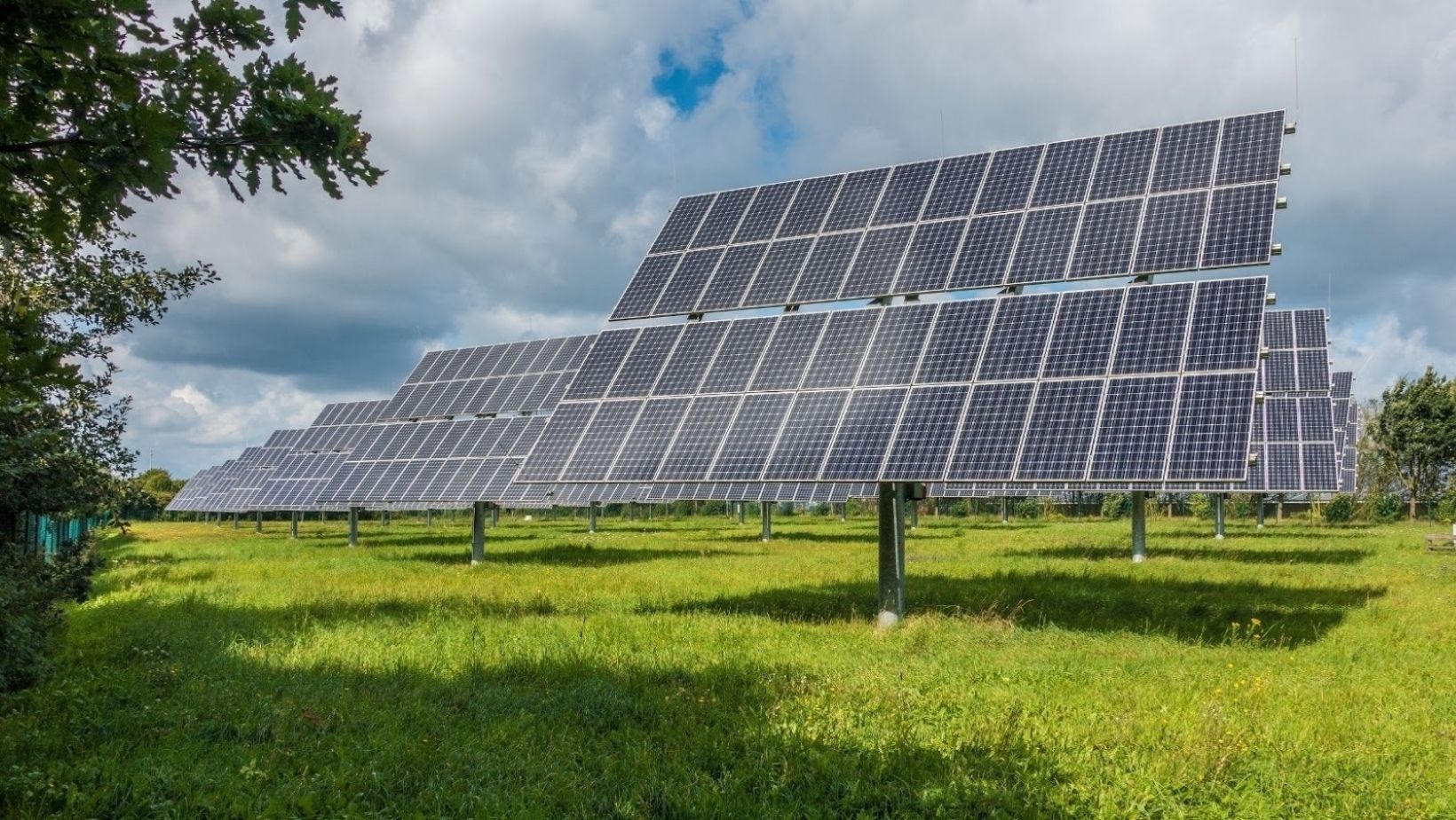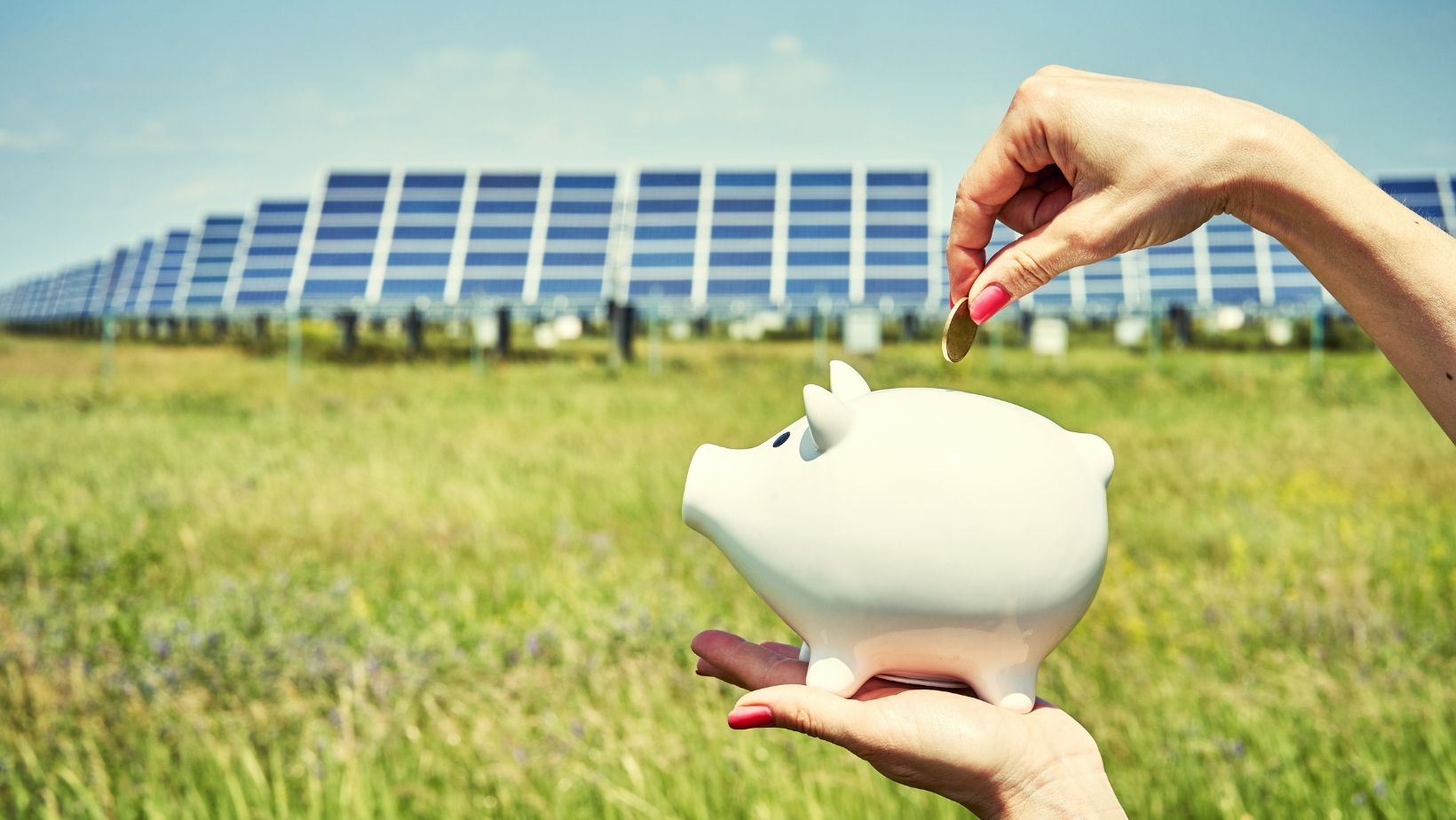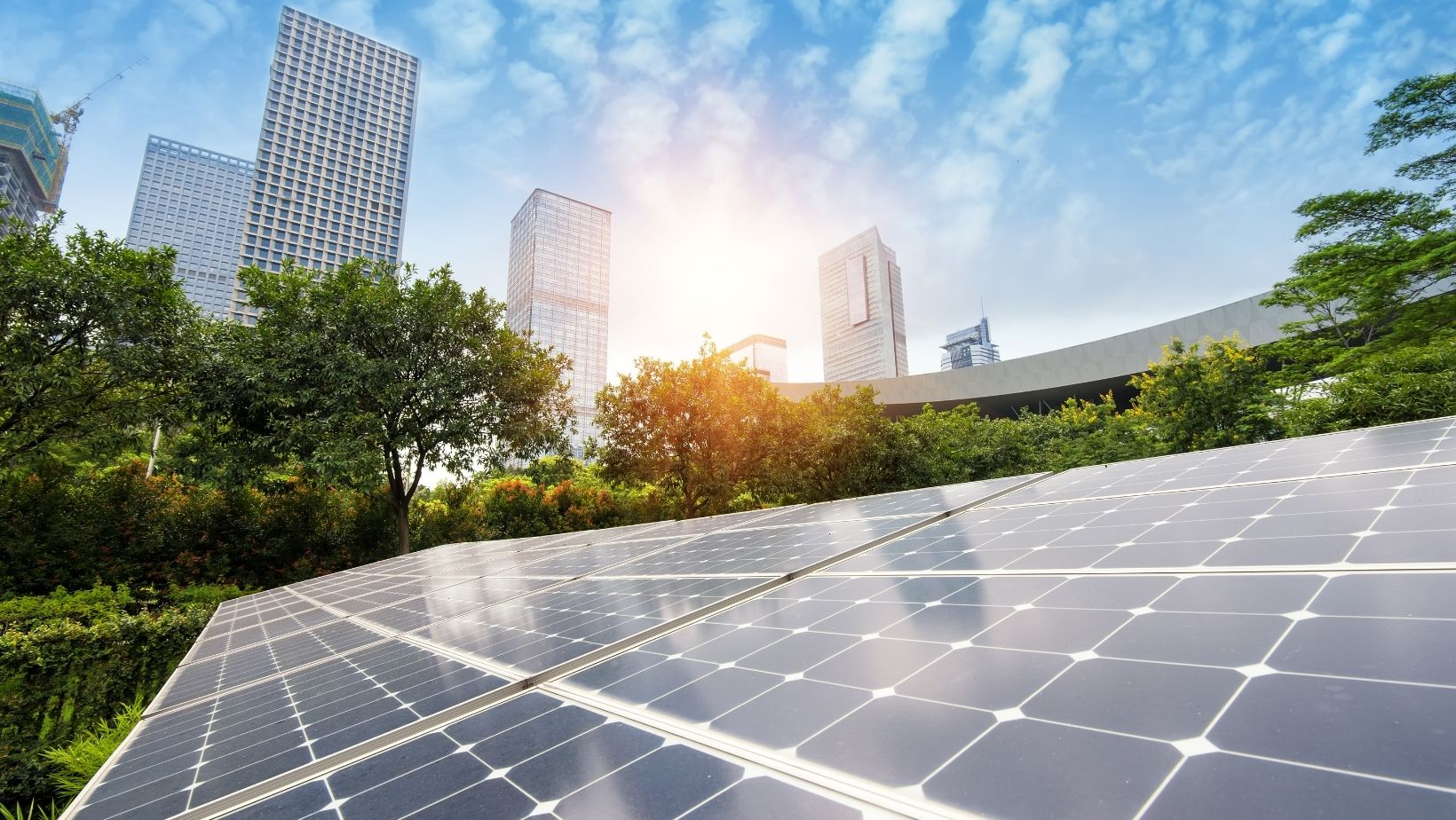
Even on the gloomiest, murkiest, cloud-filled day, somewhere in the sky above us is the sun.
A free source of energy that all life on this planet depends upon.
In terms of power production, it is a free resource that heats our homes naturally, encouraging most homes and buildings to be designed with larger windows on the side of the building that faces the sun. This is done to capture more of the heat from the sun.
But for many years now, there has been the ability for homeowners to gain even more benefits from the power of the sun by installing solar panels. The solar panels create electricity which can be used to not only heat the home, but to power every electrical item on the homeowners property.
The disadvantages of solar panels are few, but include:
- The high upfront cost of installation
- Power can’t be produced at night-time
- Some would say they make a house appear less attractive
- Most homes are still unable to use solar power for 100% of their power needs.
- Some homes have a roof design that cannot fit solar panels
- Some roofs are unsuited to fitting solar panels or will not hold their weight, while other roofs may need repairs which are preferable to do before installing solar panels.
When it comes to the advantages of Solar Power systems on your home, there are many convincing reasons why you should seriously consider going solar.
Reduce your electricity bill
How much you will save will depend on a number of factors including:
- How much electricity you consume?
- The size of your solar energy system
- Whether you buy or lease your system
- How many hours of daily sunlight your home receives?
- The size and angle of roof
- Your local electricity rates.

Most solar panels are guaranteed to last for 25 years so you can expect them to keep functioning beyond that, although they may gradually become degraded and produce less electricity towards the end of their life.
Still if your solar system managed to reduce your monthly electricity bill by $150/month, after 25 years that is a saving of $45,000. Electricity costs will almost certainly increase regularly over the next 25 years, so in fact your saving could be significantly more.
Your solar panel power suppliers should have tools available to help you calculate how much electricity you are likely to save based on your electricity usage and the size of the solar system you intend to install.
These tools can calculate how many years it will take for your savings to match the installation cost, plus any interest if you have borrowed to buy the system.
Increases the value of your home
Because of how much cheaper it will cost to run your home; you immediately get an increase in the value of your home.
Studies have proven that houses with solar sell at higher prices than houses without solar.
How much your home increases will depend upon the monthly power savings, the increased value of other nearby homes with solar, and the state of the local property market at the time you get a valuation.
Although you will only really know how much extra the solar panels have added to the value of your home when you sell, this is a positive.
Some people decide against installing solar because they don’t intend to stay at the same address for 25 years and therefore will not fully benefit from the power savings available.
But this is offset by the increased value of your home.
Unless you are planning to shift in the next couple of years, the increase in the value of your home because of solar should be another incentive to install solar.
Solar power works everywhere

The sun rises everyday everywhere in the world.
Sure, some places get more sunshine hours than others, and some have better weather and more cloudless days which maximizes the benefits of solar. But even homes in colder and cloudier climates can still receive help from solar.
Even on days when the weather is poor, your home will still be producing solar power.
You may be able to earn money off your solar panels
More than 40 states have electricity suppliers that offer net metering. Where you produce more electricity than you use, the power company effectively buys that surplus electricity off you and pays you for it.
Be cautious about this though. In Australia, some power companies ran into financial problems because they ended up buying so much power off homeowners, they didn’t need to produce any themselves and the financial model failed.
Many homeowners had borrowed to put additional solar panels on their property, using them solely as a passive income source, then the power companies stopped buying the surplus power. This made the extra solar panels redundant, but they still had to pay back their loans on solar panels that were no longer of any use to them.
In the same way, there is no guarantee that the amount of money the power company will pay you for surplus power will remain the same. In other countries there have been power companies that have lowered their rates.
Therefore, you are best to get enough panels to suit your home power use and not be encouraged to buy more panels just because you have the space and because you might get offered net metering.
Available tax credit
For 2022 there is a 26% federal tax credit available, which reduces to 22% for 2023, then ends.
There are also some state-level tax credits and rebates available. Solar panel providers will know all the details because these incentives are a major selling point for them.
While the tax credits seem like a great deal, if you can’t afford to buy solar panels now, delaying a few years until you can buy them outright, or with much lower borrowings, may actually be a better financial decision.
Protects against rising power costs
The more power you can produce from your solar panels, the less the impact of any future electricity power increases.
Can supply energy independence.
For many people, the ideal is to be totally dependent on their solar system to provide all of their power and go off-grid. Usually, this will require the added cost of batteries to store your power for use at night and on days with less sunlight.
If you are building in a remote location, the cost of getting a power supplier to bring an electricity line to you may be more than the cost of a solar system and batteries.
A system with batteries is also handy if there are any electricity cuts. Your stored power will keep your lights on, and your heating etc.
But you do need to be confident that your system will always supply all the power you need, because if you run out of power and the batteries have used up all their stored power, then being off grid means you will have no source of power until the sun reappears.
You are protecting the environment
Every kilowatt of power your solar system produces will reduce greenhouse gas emissions like CO2 and other pollutants.
The more people creating their own power through solar will end the need for governments to build new power plants, all of which have negative environmental impacts because they are powered by coal, natural gas, hydro, or nuclear plants.
Coal plants are a huge pollutant, while gas, hydro-electric and nuclear plants all have an impact either because of what it takes to build the plant, or what can happen if something goes wrong, e.g., Chernobyl and Three Mile Island nuclear plants.
Solar Panels provide a clean, green power source that most homeowners can take advantage of to reduce their power costs, and do their bit to improve the state of the environment.
























